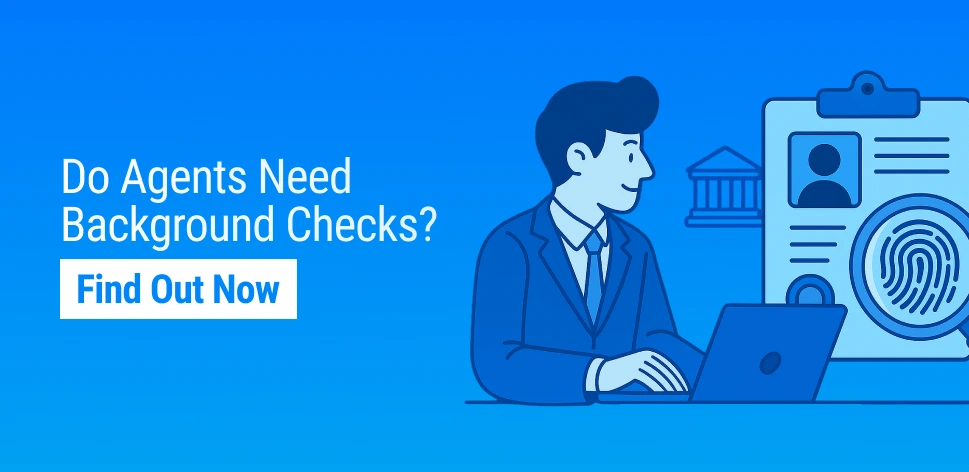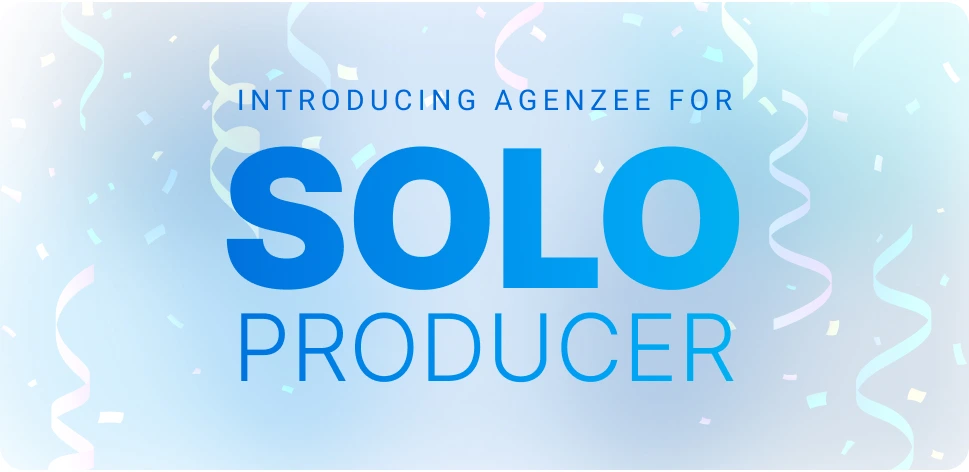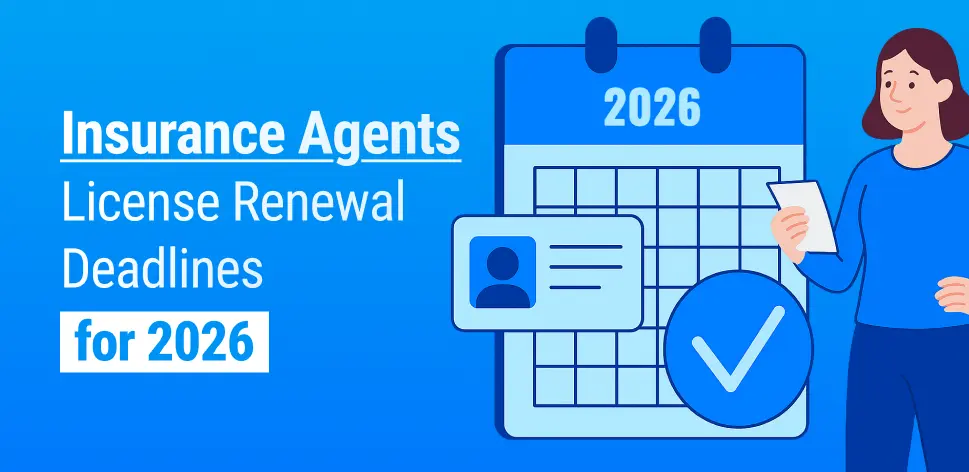Do Insurance Agents Need Background Checks to Get Licensed?
States require a background check when someone applies for an insurance license. The goal is simple: protect consumers and uphold professional standards within the industry. While this step may sound overwhelming, it typically involves verifying criminal, financial, and regulatory history. By understanding what regulators look for, producers can prepare ahead of time and agencies can guide their teams with confidence. This article highlights what background checks involve, why they matter, and how to approach them successfully.
When Background Checks Are Required
Background checks are required during the initial license application. Many states also reserve the right to re-check when producers renew, change lines of authority, or if there’s a regulatory review. The timing and frequency vary widely—some states require checks every renewal cycle, while others only flag applicants when an issue is suspected. Because there is no single national standard, multi-state agencies must stay alert to each jurisdiction’s requirements. The overall goal, however, remains consistent: ensuring that individuals representing insurance carriers are trustworthy, financially responsible, and aligned with industry regulations.
What’s Reviewed in a Background Check
A typical background check may include:
- Criminal history – Felonies or financial crimes are taken seriously, though not all charges automatically disqualify someone.
- Financial responsibility – Bankruptcies, unpaid child support, overdue taxes, or liens may raise red flags about reliability. Regulators often look at whether financial obligations are being addressed rather than the debt itself.
- Regulatory history – Prior disciplinary actions in insurance or other licensed professions can appear.
It’s important to note that regulators often weigh the circumstances. Someone who has demonstrated rehabilitation—such as resolving debts or staying in compliance for several years—may still qualify. Ultimately, honesty on the application is always the safest path.
How the Process Works
Applicants usually provide fingerprints as part of the licensing application. These are processed through state and federal systems, such as the FBI, to check criminal records. Some states accept live-scan fingerprints, which are electronic and faster, while others still require traditional ink cards, which can take longer to process. Once submitted, the background check is reviewed by the state insurance department, which determines if the applicant meets eligibility standards.
Timelines vary, and this step can sometimes delay the licensing process. Applicants should plan for the extra time and respond quickly to requests for more information. If issues arise, regulators may ask for court records, repayment plans, or other supporting documents before making a final decision.
Why Transparency Matters
One of the most important aspects of this process is disclosure. Most states require applicants to answer questions about their history, such as criminal charges, lawsuits, or bankruptcies. Trying to hide information often causes bigger problems than the issue itself. For example, failing to disclose an old misdemeanor could trigger a denial, while openly acknowledging it with documentation may result in approval. Regulators tend to prefer clear, honest answers over incomplete or misleading applications. Transparency not only shows professionalism but also builds trust with regulators and future clients.
In Summary
Background checks are a key part of the licensing process, designed to protect clients and support professionalism in the industry. While it may feel stressful, the process is straightforward when applicants understand what’s being reviewed and answer questions honestly. For agencies, providing guidance on these steps such as encouraging producers to pull their own credit reports or gather court documents before applying, can make the difference between a smooth application and frustrating delays. With preparation and transparency, background checks become less of a hurdle and more of a step forward toward a long and successful insurance career.
Share this blog on







